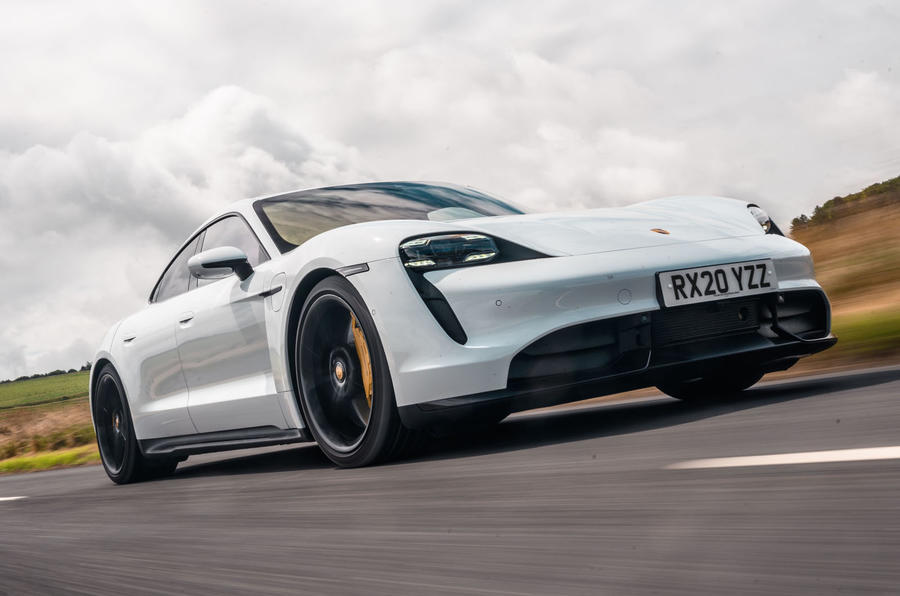Porsche has found partners to help it “drive forward the development of synthetic fuels [e-fuels]” and intends to build a pilot factory to prove its viability.
The German manufacturer has teamed up with energy firms Siemens Energy, AME and Enel and the Chilean petroleum company ENAP to begin developing the world’s first integrated, commercial, industrial-scale plant for making the fuels.
Based in Chile’s Magallanes Province, the pilot project is called Haru Oni and will use southern Chile’s “excellent” wind conditions to produce synthetic fuel with the aid of wind power.
Siemens Energy, which will receive a grant of €8 million (about £7.25m) from Germany’s Federal Ministry for Economic Affairs and Energy for the scheme, is a co-developer of the plant, while Porsche will be the fuel’s primary user.
Set to be completed by 2022, the plant will produce around 130,000 litres of synthetic fuels during the pilot phase. Porsche will then begin two further phases, resulting in the creation of around 55 million litres of e-fuels a year by 2024, and approximately 550 million litres two years later.
Porsche CEO Oliver Blume said: “E-fuels for cars are a worthwhile complement to [electrification] – if they’re produced in parts of the world where a surplus of sustainable energy is available.
“Their advantages lie in their ease of application: e-fuels can be used in combustion engines and plug-in hybrids, and can make use of the existing network of filling stations.”
Although Porsche is investing in electrification, as evidenced by the introduction of the Taycan EV earlier this year, it believes the technology is not reducing its carbon footprint quickly enough. Porsche’s R&D boss, Michael Steiner, said: “Electric mobility is an exciting and convincing technology but, taken on its own, it is taking us towards our sustainability targets at a slower pace than we would like. That’s why we are also committing to e-fuels – and not ignoring possible applications in motorsports, either.”
Another reason Porsche is investing in synthetic fuels, he said, is because they are a “fundamental component” of improving the sustainability of existing fleets. A further advantage is that, unlike electrification, they do not require significant mechanical changes to existing cars.
E-fuels have long been of interest to the car industry. They function similarly to kerosene, diesel or petrol processed from crude oil but are produced from CO2 and hydrogen using renewable energy.





Join the debate
Add your comment
exempt co2 neutral efuel & other cleaner fuel cars from 2030 petrol and diesel ban
As regards Porsche investigation of efuel, around 70 percent of Porsche legacy vehicles are still on the road and it's their stated intention to maintain the viability of these classic cars and ensuring they can continue to be driven, using synthetic fuel.
Just like biofuels, e-fuels
Then they expect us to buy fuel that will cost not only more than running an EV but probably more than current ICE cars.
I can also take a guess as to who will be making this fuel..